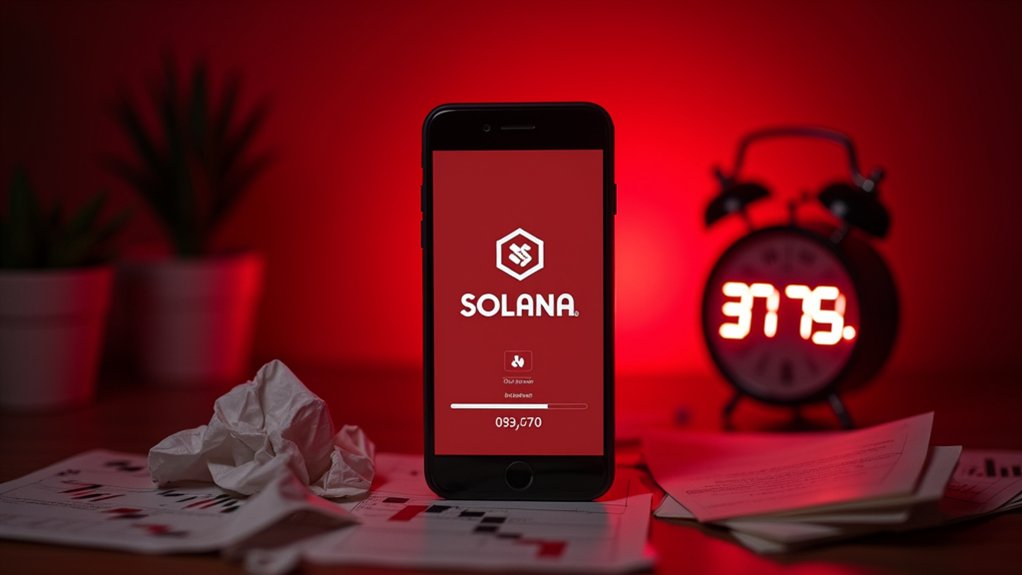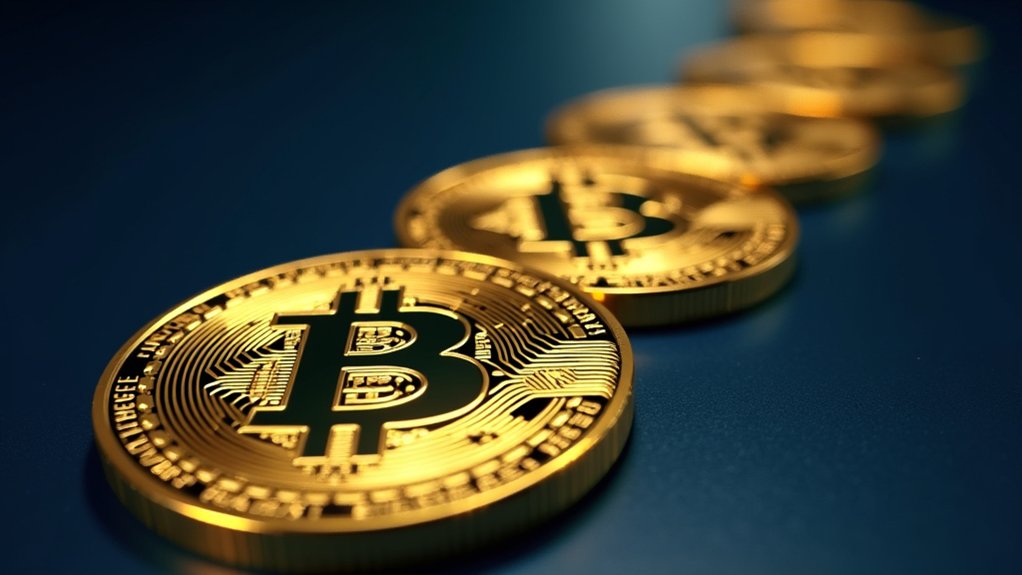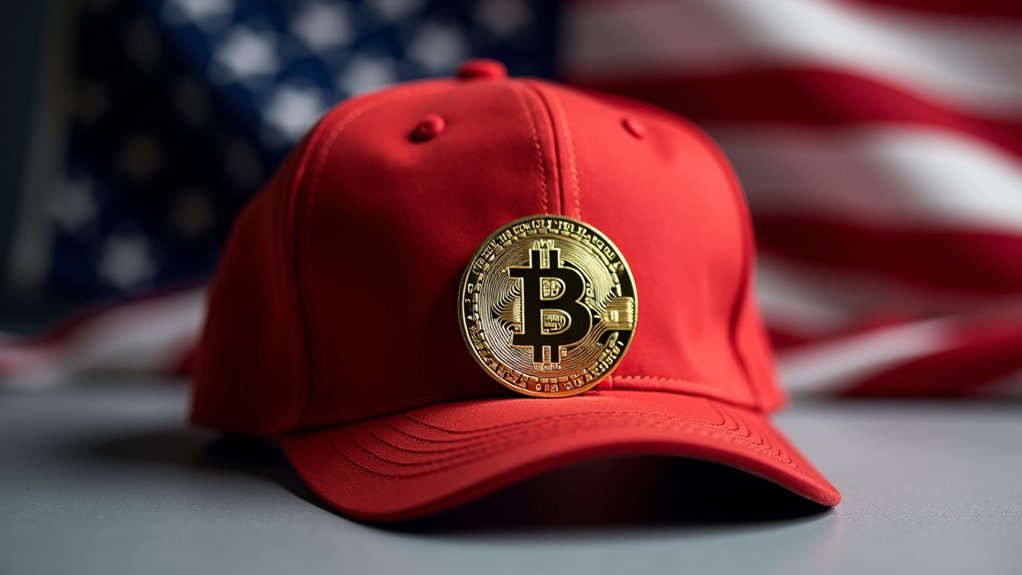While traditional finance once scoffed at digital currencies, the tide has dramatically turned. The wealthy aren’t just dipping their toes in crypto anymore—they’re diving in headfirst. A staggering 71% of high-net-worth individuals have now invested in digital assets. Bitcoin millionaires? More than doubled to 85,400 in 2024. Even the ultra-rich are getting richer, with crypto billionaires growing to 28 globally. The smart money moves quietly, and it’s been moving toward blockchain.
Meanwhile, everyday Americans scratch their heads, wondering what all the fuss is about. The gap is widening. Institutional investors aren’t waiting around. With spot Bitcoin and Ethereum ETFs now approved in the US, big money is flowing in. The overall crypto market has reached market value of $2.3 trillion, representing an 89% increase from the previous year. Traditional finance and digital assets are no longer separate worlds—they’re merging. Fast.
Geography matters. Singapore leads the pack as the premier cryptocurrency hub, with Hong Kong and UAE right behind. Not coincidentally, these places share a common trait: no capital gains taxes. Funny how money finds its way to friendly environments.
The young get it. The old don’t. Simple as that. About 34% of 24-35 year olds globally own crypto, while 55% of Gen Z investors in America primarily invest in digital assets. Millennials aren’t far behind at 57%. These aren’t just statistics—they’re a glimpse into the future.
Barriers remain stubborn. Compliance officers raise eyebrows at rapid wealth creation. Crypto still feels intimidating to newcomers. Anti-money laundering challenges persist. But regulatory winds are shifting. The SEC’s potential Bitcoin ETF approval looms large, with 46% of Americans believing it will benefit the industry. The network effects of increased adoption continue to drive cryptocurrency valuation, as each new user makes the entire ecosystem more valuable.
The opportunity? Massive. An estimated 29 million more Americans could enter the market. We’re talking about a $2 trillion market with over half a billion participants globally. The wealthy are increasingly seeking global mobility options to match their borderless digital assets. The democratization of wealth isn’t just happening—it’s accelerating. The wealthy already know this. The rest of America is just catching up. Slowly. Too slowly.





